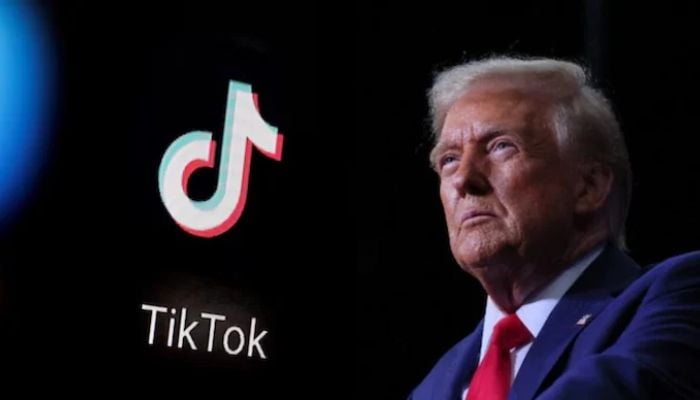Home / Technology
US-China TikTok deal: A look back at every time Trump has extended the deadline
TikTok has long faced scrutiny in US over fears that Beijing could manipulate feeds of its 170 million American users

The US President Donald Trump says he has finally secured a deal with China’s Xi Jinping over TikTok’s future in the United States.
But Beijing has yet to confirm, leaving open questions about how it would actually work.
Under the arrangement, ByteDance—the Chinese parent company—would retain less than a 20% stake.
On the other hand, American investors including Oracle, Michael Dell, and the Murdochs take majority control of a new US-based entity valued at around $14 billion.
How it came to this
TikTok has long faced scrutiny in US over fears that Beijing could access US-based user data or manipulate the feeds of its 170 million American users.
In 2024, Congress passed legislation requiring ByteDance to sell TikTok’s US arm or shut it down by January 2025.
Former President Joe Biden signed the law but left office without enforcing the ban, leaving Trump to take charge once back in the White House.
Every extension Trump granted
Trump has repeatedly pushed back the deadline, giving ByteDance and US investors more time to hammer out a deal.
January 18
On the eve of the deadline, TikTok voluntarily suspended services in the US Biden declined to enforce the ban on his final day in office.
January 20
On his first day back in office, Trump issued an executive order delaying enforcement for 75 days, moving the deadline to April 5.
April 4
With no deal finalised, Trump extended the deadline another 75 days, to June 19. Talks had progressed, but China pulled back support after Trump imposed tariffs.
June 19
In June, Trump signed a third extension, this time for 90 days, pushing the deadline to September 17.
Each extension gave negotiators more space but also fueled criticism that Trump was defying the 2024 law by repeatedly setting aside Congress’s mandate.